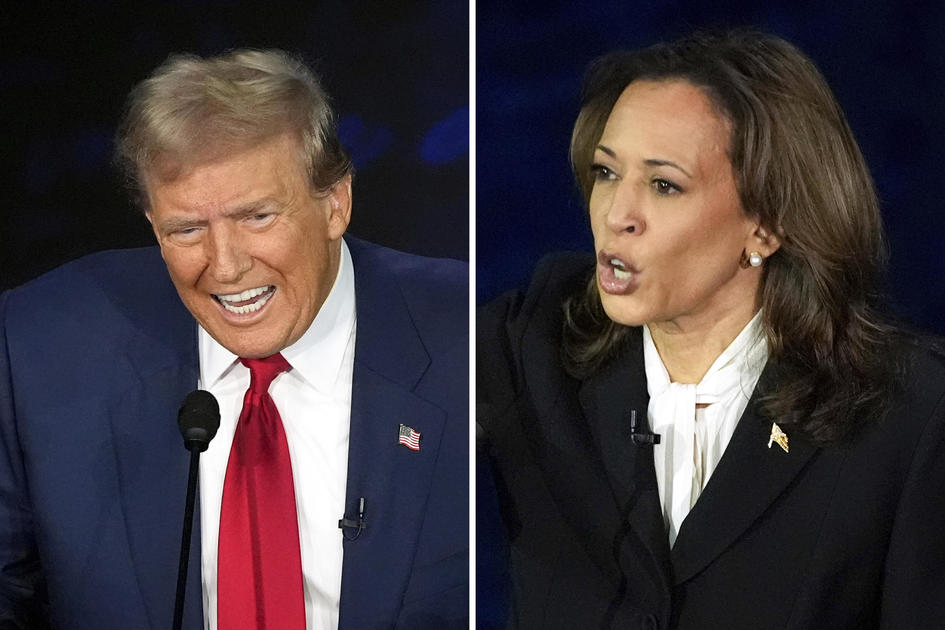The 2024 presidential contest between Kamala Harris and Donald Trump is not just a battle of ideologies; it is a clash of two groups of voters who see the country through vastly different lenses. Views on issues such as hurricane relief, the economy, border crossings, and gender equality highlight the deep divide between the supporters of the two candidates.
For Trump’s voters, hurricane relief is seen as not reaching the people impacted, with a belief that FEMA funds are being misdirected to those in the U.S. illegally. On the other hand, Harris’ voters believe that relief efforts are on track and reaching the right people. Similarly, Trump’s voters perceive the U.S. economy as poor, while Harris’ voters see it in a positive light.
The issue of U.S.-Mexico border crossings also elicits divergent opinions. Trump’s voters believe that crossings are increasing and that the Biden administration is facilitating this trend. In contrast, Harris’ voters are more likely to think that crossings are decreasing. Despite the evidence showing a decrease in illegal crossings in September, perceptions remain polarized.
Gender equality is another contentious issue, with Trump’s voters, particularly men, feeling that efforts have gone too far. In contrast, Harris’ voters, especially women, believe that more progress is needed in achieving gender equality. This disparity reflects the broader societal debate on gender roles and expectations.
Interestingly, both sides express a lack of trust in social media, acknowledging its role in reinforcing existing beliefs while also clouding the truth. This sentiment underscores the challenges of navigating information in an era of information overload and manipulation.
As the election approaches, the race between Harris and Trump remains tight, with Trump gaining ground nationally and in key battleground states. This indicates a closely contested election with significant implications for the future direction of the country.
On the issue of voter trust, both candidates face skepticism, with Trump’s supporters more distrustful of the election system. There is a stark divide on the perception of potential fraud, with Trump’s voters more inclined to believe in widespread fraud. This skepticism extends to the role of foreign governments in influencing the election, with both sides suspecting external interference.
The candidates also differ in their approaches to key policy areas. Harris is perceived as more likely to improve access to affordable healthcare, while Trump is seen as potentially raising taxes. Abortion rights emerge as a major factor for some voters, with Harris enjoying an advantage on this issue. However, her campaign’s messaging on Trump’s stance on abortion has not resonated outside of her support base.
Overall, the election dynamics reflect a deeply polarized electorate, with stark differences in perceptions of reality and trust in institutions. The outcome of the 2024 election will have far-reaching consequences for the future of the United States and the ongoing debate over fundamental issues such as healthcare, immigration, and gender equality.









